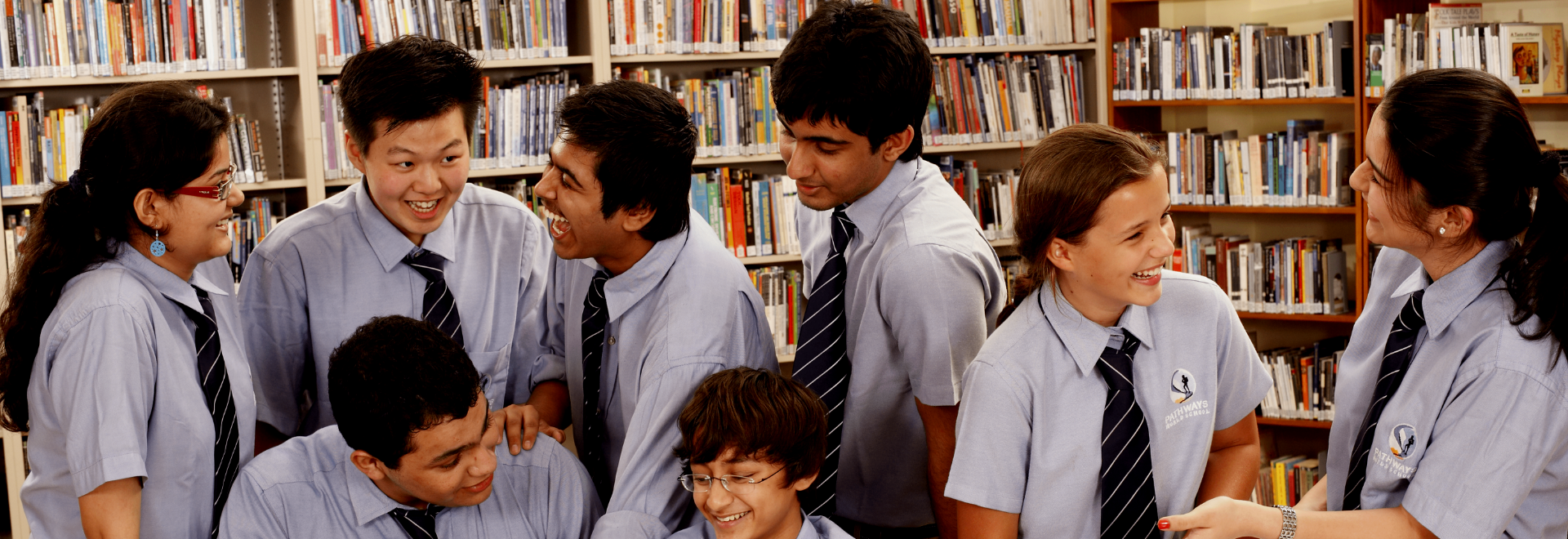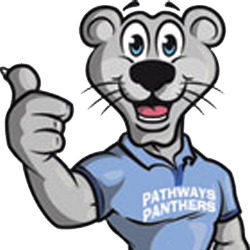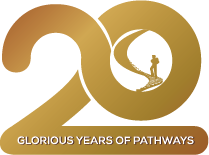Our Pedagogy
This statement encapsulates one of our major objectives. TS Eliot asked "Where is the knowledge we have lost in information?" A key skill in an age when we are constantly bombarded with information and pseudo-information is the ability to sift the evidence and come to our own conclusions. The Pathways approach to learning encourages the development of this skill, not just because the IB curriculum demands it but because survival can depend upon it.
Student Centred Learning
Pathways methodology concentrates first on the student's aptitudes, then on the skills and knowledge s/he needs to acquire. Traditional education tends to value a limited range of knowledge and skills but more recent research suggests that intelligence is not unitary but multiple. Pathways aims to give students a broader, deeper, richer educational experience by recognizing each student's strongest talents and building on them in order to ensure that all the areas of talent are developed.
Multiple Intelligences Theory: A Learning Tool
The Multiple Intelligences research of Dr. Howard Gardner of Harvard University provides a new insight into student-centered learning. Much of traditional education values a very limited range of abilities, centering on literacy and numeracy. However different individuals have different aptitudes. By using the strongest aptitudes or 'intelligences' as a starting point we can educate more effectively by teaching different students the same topic in different ways according to their particular 'intelligences'. In a class situation, this approach allows students to benefit from each other's strengths and to develop their competence in their weaker as in their stronger 'intelligences'. Gardner identified eight 'intelligences':
Developed at Pathways through such activities as creative writing, literature, foreign language learning, theatre, debating and public speaking.
Developed at Pathways through such activities as science and maths projects and experiments, industrial design, stock-market games and helping to run the student store.
Developed at Pathways through such activities as playing, directing studying and composing classical and contemporary music.
Developed at Pathways through such activities as sports and athletics, yoga, modeling, textile-making, contemporary and classical dance.
Developed at Pathways through such activities as sculpture, drawing and painting, photography and geography.
Developed at Pathways through such activities as ecology, gardening, wildlife observation, biological and chemical experiments.
Developed at Pathways through such activities as group projects, peer teaching and counselling, media work (including student magazines and the Yearbook) and international exchange programmes.
Developed at Pathways through self-awareness training, counselling and the creation of physical and personal space for meditation, reflection and tranquility.
Project Based Learning
If we Recognise that individual students have different 'intelligences' it is logical to allow them to develop these different talents through individual projects. Well organised Primary classes frequently function like this. To take an example from the Secondary curriculum: in a Design-Technology workshop at Pathways, 15 students will typically be pursuing 15 different design projects: in electronics, in engineering, in plastics, in architecture…..the potential list is endless. The fact that the project is the students own ensures that s/he works with a complete concentration which ensures that s/he remembers what is learned: (This approach can be applied almost as easily to languages and mathematics as it can to so-called practical subjects)
Research suggests that many of us remember:
- 10% of what we read
- 20% of what we hear
- 30% of what we see
- 70% of what we discuss with others
- 80% of what we experience by doing
Learning to Learn
Pathways aims to develop motivated, confident articulate students with the skills necessary for independent study. Observing that teachers are also learning, young people are themselves encouraged to become Life-Long Learners.
Anywhere-Anytime Learning
Because the campus is student-friendly, with universal access to IT and other technological support, students become aware from the outset that learning can and should be 'Anywhere-Anytime'.




